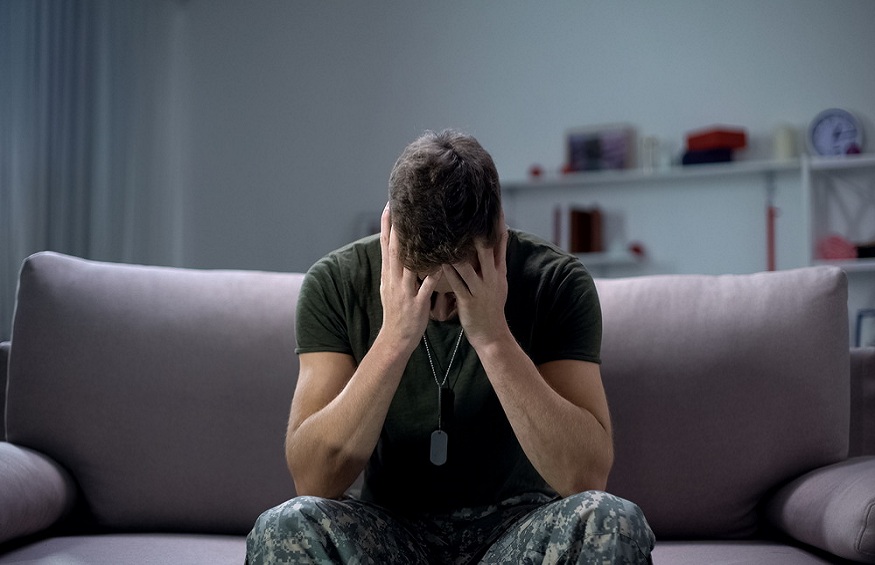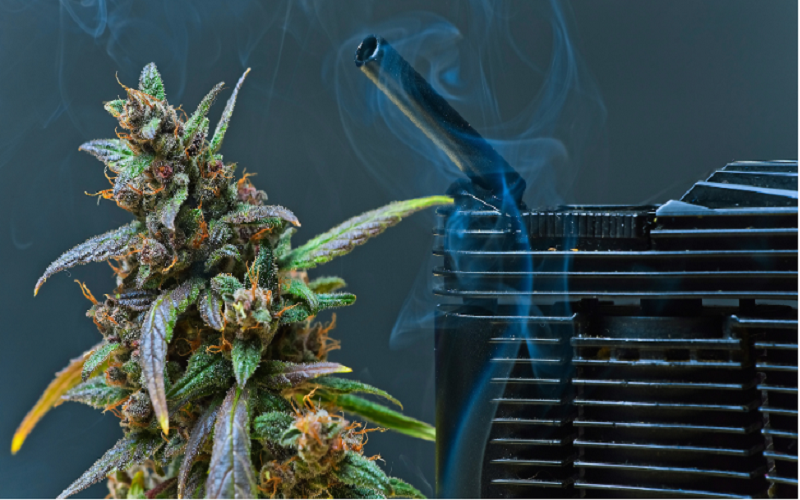Suicide Among Veterans Is a Growing Problem
Military veterans of all stripes can find transitioning back to civilian life difficult. Things are especially troublesome for veterans with active combat experience. They seem to have more difficulty as evidenced by the number of suicides in their ranks. And unfortunately, suicide among veterans is a growing problem in this country.
Statistics show that around seventeen veterans take their own lives every day. At least that was the number in 2019. It reflected a 36% increase from 2001. At seventeen per day, this amounts to more than 6,200 annually. But it gets worse. U.S. engagements in Iraq and Afghanistan claimed about 7,300 military lives. Yet 30,000 veterans have taken their own lives since returning from the two Middle Eastern theaters.
Post-traumatic stress disorder (PTSD) is a significant contributing factor in most cases. Veterans experiencing PTSD often carry heavy feelings of guilt along with terrible nightmares and other PTSD symptoms. Often times their post-service problems become more than they can bear.
The VA Is of Little Help
In theory, veterans are supposed to be able to turn to the Veterans Administration (VA) for mental health services. Those services are supposed to assist veterans living with PTSD. But the reality is clear: the VA is of little help to most veterans. Accessing available services has always been tough. But when the coronavirus crisis struck, VA hospitals shut down for all but emergency services. Many of them are still not back up to speed.
There are a variety of charities and nonprofits around the country operating on a mission of helping veterans in need. Needless to say, they cannot keep up. They lack the facilities, funding, and the professional expertise to do more than they currently do. It all adds up to a sad situation that does not really need to exist.
The Medical Cannabis Question
In addition to all the other issues linked to PTSD, veterans also have to deal with the medical cannabis problem. Medical cannabis proponents say that the cannabinoids and terpenes in cannabis plants can help manage PTSD by minimizing nightmares and helping veterans relax. Scientific research in support of such assertions is lacking, but there is plenty of anecdotal evidence to rely on.
The problem is that anecdotal evidence is not enough to satisfy the VA. Furthermore, cannabis is still a Schedule I controlled substance under federal law. VA doctors could not recommend medical cannabis even if they wanted to.
The tragedy of all this is that things do not have to be this way. Utahmarijuana.org, an organization that helps Utah patients obtain their medical cannabis cards, says that the Beehive State has proven that medical cannabis can be managed in a safe and controlled way. They say that Utah approves medical cannabis for PTSD, allowing veterans to access it as long as they are willing to do so privately, instead of going through the VA.
Current Measures Are Not Working
Regardless of how you might feel about PTSD, medical cannabis, or any of the related issues, the one thing that is hard to dispute is that current measures are not working. The data doesn’t lie. Thousands of veterans dying by suicide every year points to something being very wrong.
At this point, pointing fingers of blame is counterproductive. Let us not waste time on it. Instead, let’s get to work figuring out how we can help veterans deal with PTSD. Let us work on ways to help them return to civilian life after active combat duty. Otherwise, the growing problem of suicide among our veterans is only going to get worse. That is not acceptable by any standard.



